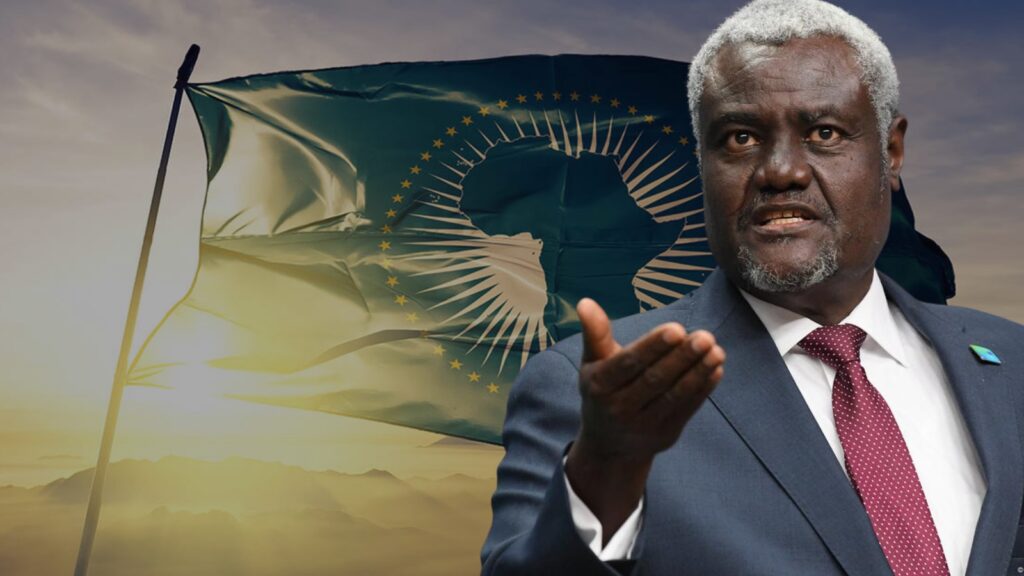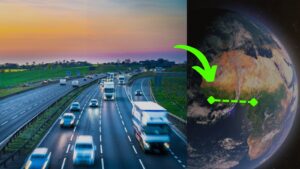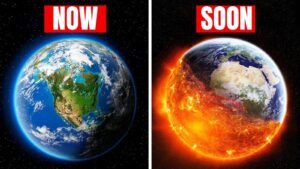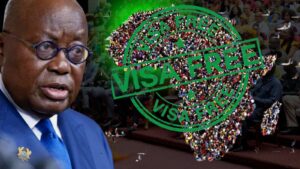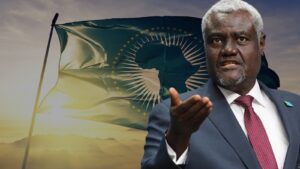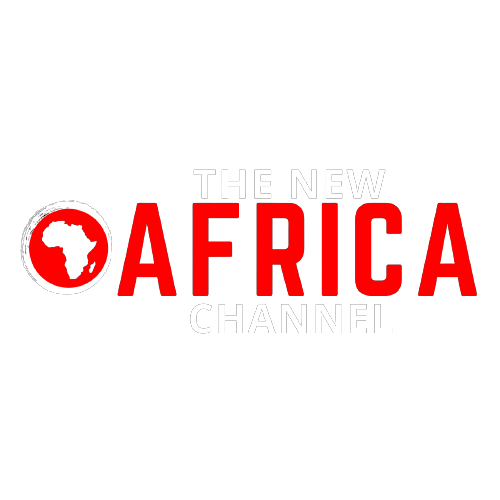In the heart of Addis Ababa stands a gleaming $200 million headquarters building, a gift from China to the African Union (AU) – a symbol that perfectly encapsulates both the promise and the predicament of Africa’s most ambitious political project. With 55 member states representing 1.4 billion people, the AU commands the world’s attention, but for all the wrong reasons. Is this continental body, often dismissed as a “toothless lion,” secretly positioning itself as the next global superpower?
The story of the African Union, which replaced the Organization of African Unity (OAU) in 2002, reads like a tale of untapped potential and missed opportunities. While its predecessor focused primarily on decolonization and apartheid, the AU emerged with a broader, more ambitious mandate: transforming Africa into an economic and political powerhouse. But two decades later, the results are raising eyebrows across the global community. Interested to know more? Watch our comprehensive documentary or read further:
The African Union’s Hidden Agenda: Beyond Agenda 2063
The AU’s much-touted Agenda 2063 promises a “peaceful, prosperous, and integrated Africa.” However, beneath this diplomatic rhetoric lies a more intriguing reality. The organization is quietly building mechanisms that could rival the European Union’s influence. The African Continental Free Trade Area (AfCFTA), the world’s largest free trade area by number of participating countries, isn’t just about commerce – it’s about power.
Consider this: while the world focuses on China’s Belt and Road Initiative, the AU is crafting its own economic web across a continent that houses 30% of the world’s mineral reserves and 60% of its uncultivated arable land. The AfCFTA could potentially create a $3.4 trillion economic bloc, but western powers seem suspiciously quiet about this development.
The Truth About African Union Membership
With 55 member states, the African Union encompasses every internationally recognized African nation, including the disputed territory of Western Sahara. This makes it larger than the European Union, which has only 27 members. But size isn’t everything – it’s how you use it.
The AU’s current chairman, Azali Assoumani, leads an organization that’s increasingly flexing its muscles in unexpected ways. Recent AU peace-keeping missions in Somalia and Sudan have shown glimpses of what a unified African military force could look like. The question isn’t whether Africa can build a superpower – it’s whether the world is ready for an African superpower.
From OAU to AU: A Strategic Rebrand or a Real Revolution?
The transition from the Organization of African Unity to the African Union wasn’t just a name change – it was a calculated move to reshape Africa’s global position. The new name aligned with the European Union model, but the ambitions might be far greater. While the EU focuses on maintaining its position, the AU is positioning itself for rapid ascension.
The AU’s peace and security architecture, including the African Standby Force, isn’t just about maintaining regional stability – it’s about creating a continental military capability that could rival NATO. The recent deployment of AU troops in various conflict zones suggests a growing willingness to assert military influence.
The Shocking Truth About AU’s Financial Dependencies
Here’s where things get controversial: while the AU preaches self-reliance, it remains heavily dependent on external funding. The organization’s headquarters, built by China, houses sophisticated communication systems – leading to allegations of data breaches and surveillance. Is the AU inadvertently becoming a pawn in a larger geopolitical game?
The AU’s budget tells a troubling story: while member states struggle to meet their financial obligations, external partners eagerly fill the gap. This financial dependence raises questions about the organization’s true autonomy and decision-making capabilities.
The African Union’s Hidden Strength
Despite its challenges, the AU holds cards that many overlook. Africa’s demographic dividend – a young, growing population in an aging world – could transform the continent into an economic powerhouse. The AU’s push for digital transformation and technological innovation could leapfrog traditional development stages.
The organization’s handling of the COVID-19 pandemic revealed an unexpected capability for continental coordination. The African Medical Supplies Platform, created under AU leadership, demonstrated that Africa could organize complex logistical operations independently.
Why the World Should Pay Attention
The African Union’s potential transformation from a “toothless lion” to a global superpower isn’t just possible – it might be inevitable. With control over critical resources, a young population, and increasing political coordination, the AU could reshape global power dynamics in unexpected ways.
Consider these facts:
- The AU is actively working to create a single African currency
- Plans for an African Space Agency are already in motion
- The organization is developing continental defense and security policies
- African Continental Free Trade Area could create the world’s largest single market
The Controversial Future
The real question isn’t whether the African Union will become a superpower, but what kind of superpower it will be. Will it follow the EU’s bureaucratic model, China’s authoritarian efficiency, or forge its own path? The answer could reshape global politics for generations.
As the world grapples with shifting power dynamics, the AU’s evolution from a post-colonial talking shop to a potential global powerhouse represents one of the most significant geopolitical developments of the 21st century. Whether the organization can overcome its current challenges – political fragmentation, financial dependence, and institutional inefficiencies – will determine not just Africa’s future, but the future of global power relations.
The transformation of the African Union from the OAU represents more than just a name change – it symbolizes Africa’s ambition to move from the periphery to the center of global affairs. With 55 member states, vast resources, and growing coordination capabilities, the AU’s potential cannot be ignored. The question isn’t if the African Union will become a global power – it’s when, and on whose terms.
As Africa stands at this crucial crossroads, the world watches with a mixture of anticipation and concern. The African Union’s journey from a “toothless lion” to a potential superpower might just be the most important geopolitical story of our time – one that’s still being written, with consequences that will reshape our global future.

